The Jesuit Collection contains mainly books in the fields of philosophy, history, anatomy, literature, theology, law and social sciences (sociology, psychology, anthropology, economics). Some of the library’s special collections have direct links to the province of Limburg and its history, such as the personal library of Maastricht poet Pierre Kemp and the documentation collection of painter Charles Eyck. The special collections are classified in seven core collections which are relevant for teaching and research at the UM, as well for individuals and parties from the outside community.
Core collections
Limburg
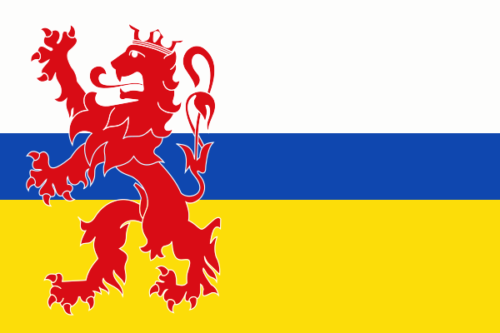
Ethnography and Anthropology
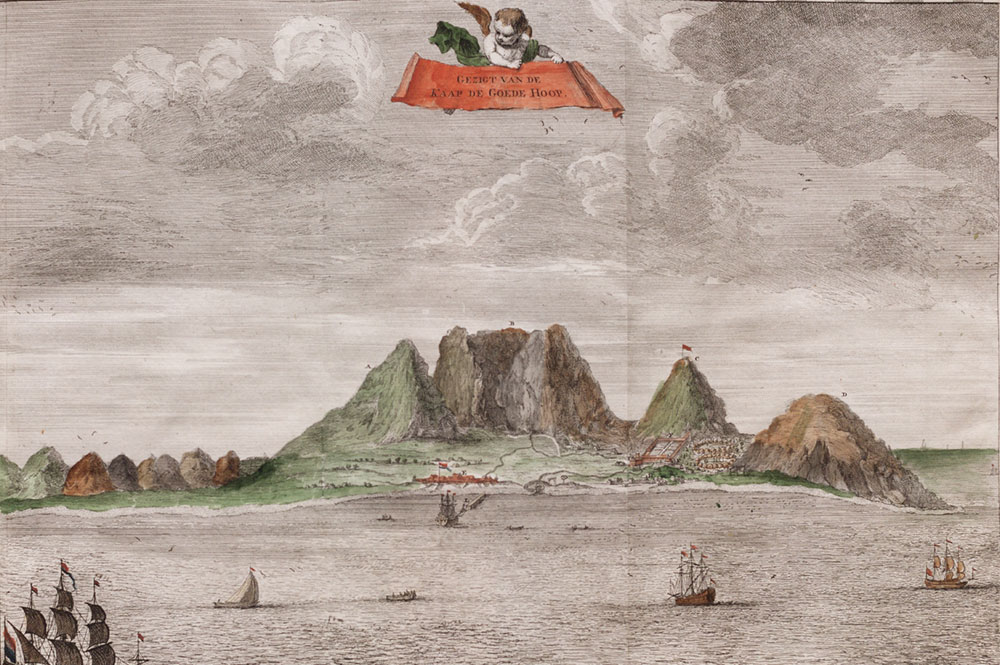
Medicine and Psychology
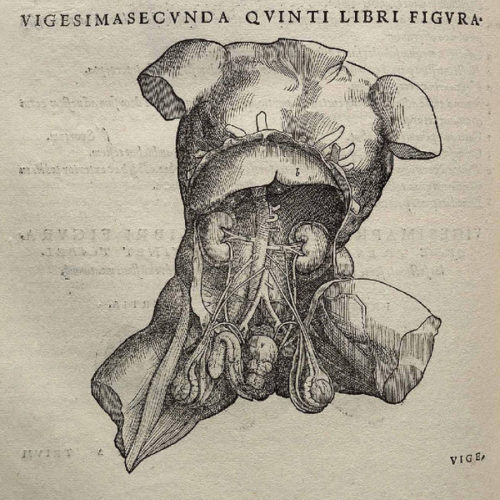
Legal History
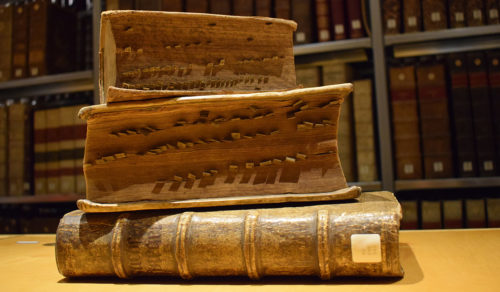
Golden Age of Illustration
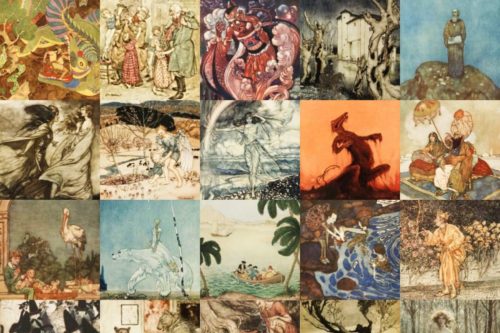
Pedagogy: school prize bindings
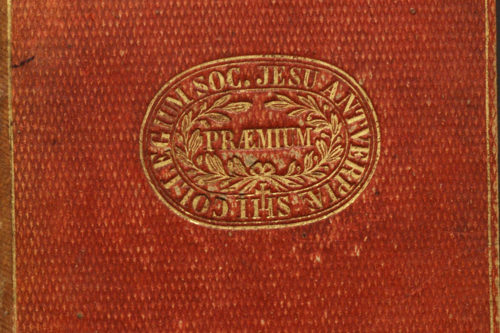
Vault collection
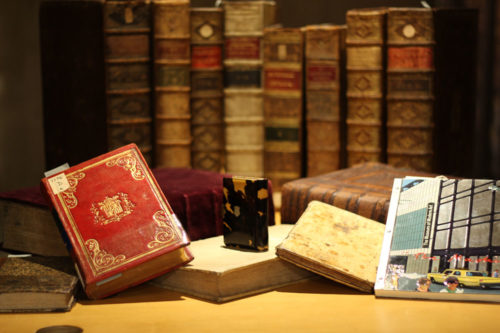
The origin of the books
The Special Collections hold primary, raw, unfiltered sources that are used physically and digitally in education and research. They motivate and lead to discussions, ideas and critical thinking. The core of these Special Collections is formed by various monastery libraries with books collected by Jesuits mainly in the nineteenth and twentieth centuries. Most extensive are the monastery libraries of the theological and philosophical faculties, once located in Maastricht (Canisianum) and Nijmegen (Berchmanianum), and the library from the former Great Seminary of Warmond. In recent decades, various other collections have been added through gifts, purchases and bequests.
Read more
These Jesuit collections contain works with an enormous thematic scope and a rich depth of content: from atlases, travelogues and books about flora and fauna, to medical works and books about the major scientific innovations in modern times in the fields of natural sciences, philosophy and psychology. They are surprising and relevant windows on the world, which inform us about religion and culture in the period 1860-1960 and help us reflect on current issues such as biodiversity and migration. In the historiography of religious orders and congregations, monastery libraries are often underexposed. In addition, libraries and archives of Jesuits in other parts of the world are generally not accessible. Our Jesuit collections are a treasure trove for researchers, especially in the field of anthropology, ethnology, and the history of science. Furthermore, the Special Collections are part of the broader heritage field in the city of Maastricht and of a rich, comprehensive Limburg collection. In addition, the Special Collections contain several museological masterpieces.
Usable collection
Get an insight of how our collections are used in education, research and other activities
